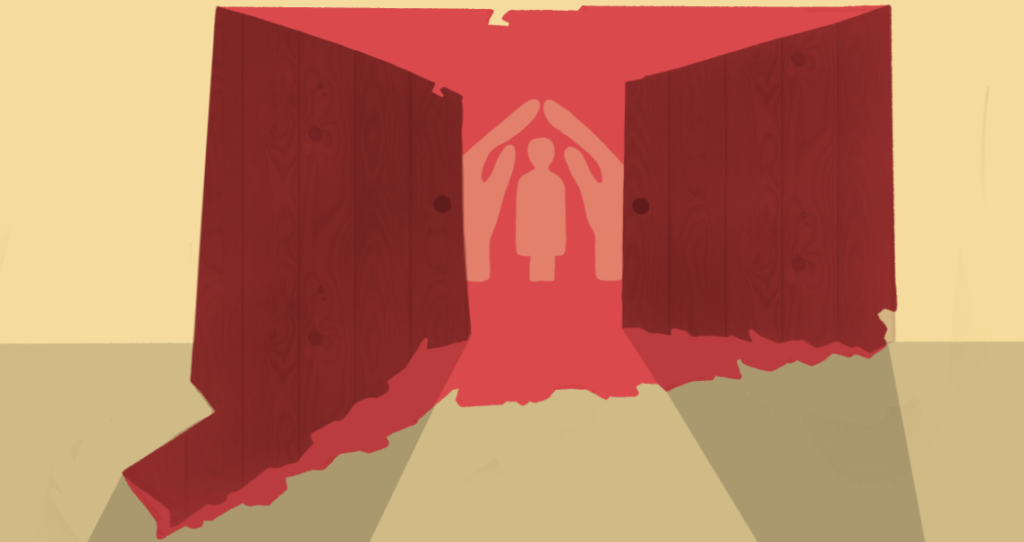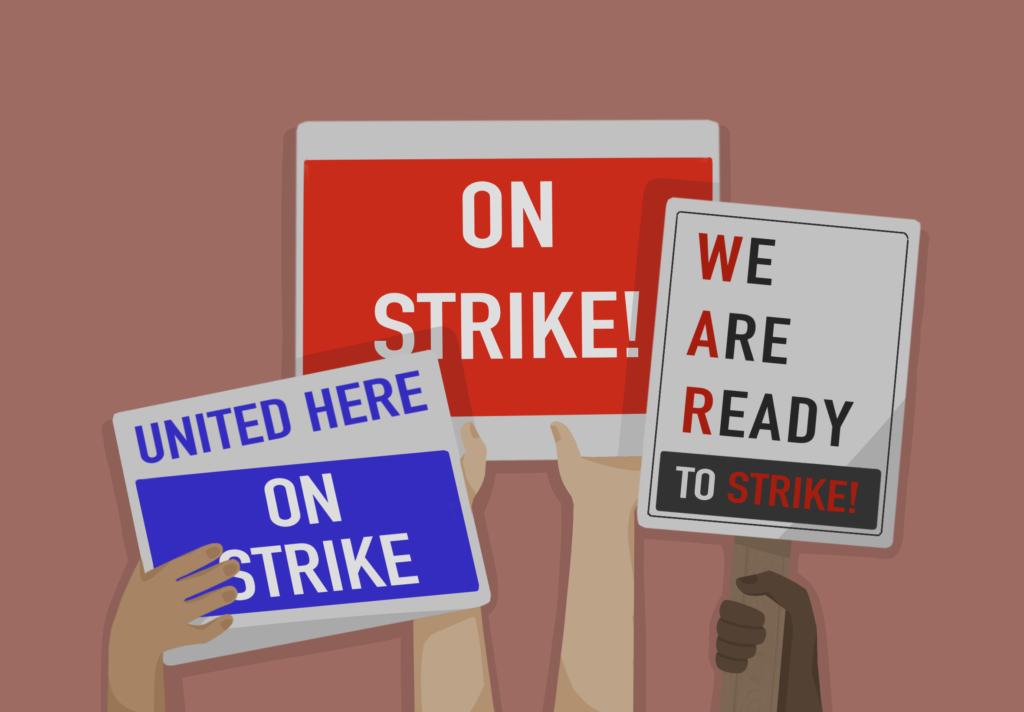
In one of the largest mass evacuations in U.S. history, nearly 130,000 people were airlifted out of Afghanistan this past year. On Friday, September 17, Governor Ned Lamont stood in front of the Connecticut state capitol building to discuss this issue. He stated, “These evacuees are our allies and have supported our country for years, and it is our turn to return the favor. Connecticut has a legacy of being there for those in need, and we are proud to answer the call.”
Although no specific dates have been set, in the coming months, at least 310 refugees from Afghanistan are expected to make their way to Connecticut. Many of the refugees are translators, drivers, and others who have helped the U.S. over the last twenty years and fear the repercussions of the Taliban. “We owe these Afghan allies the safety and escape they need from murder and torture they face, and their families face, in Afghanistan,” U.S. Senator Richard Blumenthal said at a news conference in New Haven. “They sided with us. They went into combat with our troops. They protected them and our diplomats. They now have targets on their backs.”
As soon as the Taliban seized control of Kabul last month, many government, local, and non-profit organizations in the U.S. began making plans to welcome the refugees. In Connecticut, formal organizations such as Integrated Refugee and Immigrant Services (IRIS) and Connecticut Institute for Refugees and Immigrants (CIRI), created a program called Community Co-Sponsorship in order to partner with organizations such as Welcome U.S., a bipartisan group committed to helping Afghan refugees resettle, and the non-profit Danbury Area Refugee Assistance (DARA). “When we get a family assigned to us, we have already found them an apartment, we have furnished the apartment with donated furniture and household goods,” said Barbara Davis, President of DARA. “We go and pick [the refugees] up at the airport and bring them to their new home, and then we help them over the course of at least the next six months to get their children enrolled in school, connect them with healthcare services, help find them jobs, and help them with their social benefits.”
In addition, there are also many individuals who are helping take charge. Fairfield resident Mr. Alex Plitsas was an Afghanistan war refugee and owes his life to an Afghan interpreter who helped him escape the Taliban. Mr. Plitsas is part of a larger network of military veterans and others with contacts in Afghanistan, called “Digital Dunkirk.” They use social media, off the grid communication apps, and satellite maps to communicate with local Afghans and help them escape safely. Although the work comes with many grievances, many war veterans understand the value of their work, and the dedication and meaning behind the work is extremely valuable to Afghan refugees and families.
According to officials, all of the refugees who plan on arriving in Connecticut will be fully tested for and vaccinated against Covid-19. Additional Covid-19 guidelines are currently unclear. Now, attention is turned to where the refugees will live. Resettlement agencies, including two in Connecticut, have been tasked with finding permanent homes for refugees. Currently, hotels are being considered to serve as a short-term residence for the refugees. Mr. Blumenthal noted that he is pushing Congress to approve aid for housing, jobs and other services for the refugees.
Susan Schnitzer, a member of CIRI, stated, “We’re setting up apartments, we’re looking for employment, helping kids get into schools and we need your help doing all of that.”
Although these families will be provided with many resources and aides, there is still more to be done. Churches, mosques, synagogues, and colleges across the state have stepped forward in efforts to help Afghan refugees start new lives in Connecticut. Schnitzer has requested for items like donations, volunteers to help with tutoring and even landlords who can offer affordable housing. In the coming months, as an estimated 1000 refugees, mostly from Afghanistan, will be coming to Connecticut and both donations and the support of the government will become even more urgent.




